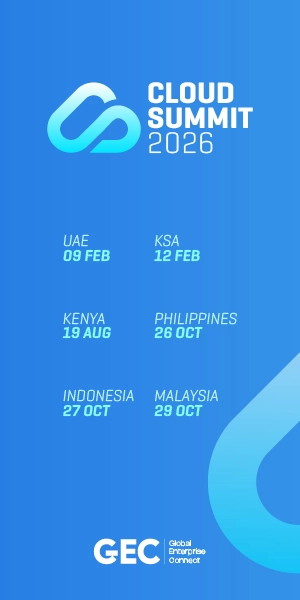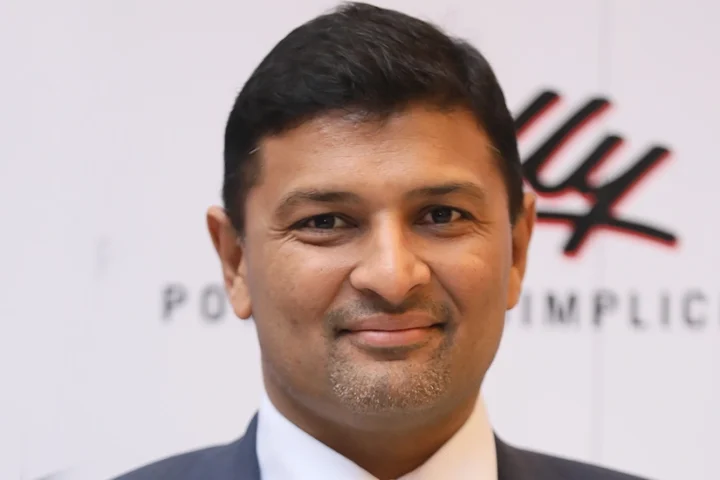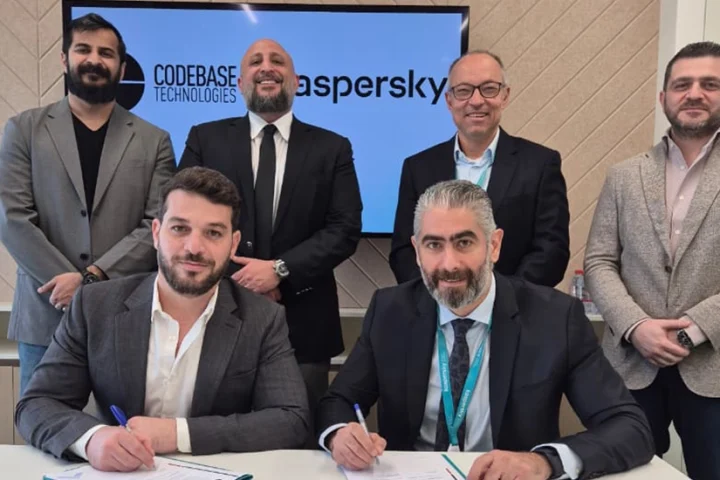Customer privacy and data protection are essential elements for any responsible company and measures must be taken seriously when complying with strict privacy protection laws, especially those in Europe. However, when it comes to entrusting mission-critical workloads in cloud-native environments, many businesses lack the confidence that their data is securely protected, despite modern-day platforms being more secure than ever.
At a time when 59% of enterprise leaders believe cyberattacks are more sophisticated than they were two years ago, and 45% indicate that they are happening more frequently, it’s surprising to find that only 8% of cybersecurity and IT professionals fully understand the model for all types of cloud services, leading people to make assumptions about default cloud security levels and create false confidence that data is protected in an unencrypted state.
That’s why companies like Zonar Systems, a smart fleet management and mobility solutions company, are choosing cloud platforms such as the AMD-powered Google Cloud Confidential Computing platform, to support its GDPR and Schrems II compliance efforts. By moving its legacy data center environment to one that is cloud-native, Zonar Systems is able to encrypt not only at-rest and in-transit data, but also in-use data which is typically unencrypted.
Google Cloud Confidential Computing’s makes use of AMD Encryption Virtualization on AMD EPYC CPUs. This hardware-accelerated memory encryption uses keys to keep data encrypted, even when it’s being accessed, indexed, or searched. What’s more, users of Microsoft’s recently announced Azure DCasv5/ECasv5 confidential virtual machines means that customers can take advantage of the security features of AMD Infinity Guard inside Azure confidential VMs with a minimal performance impact.
“It is important to us that our customers know Zonar is doing everything in its power to protect their data,” said Gordon Waddell, Senior Vice President of Software Development at Zonar. “Confidential Computing provided the security and compliance we wanted and was the clear choice to secure our customers’ data and ensure GDPR and Schrems II compliance for European needs.”


















